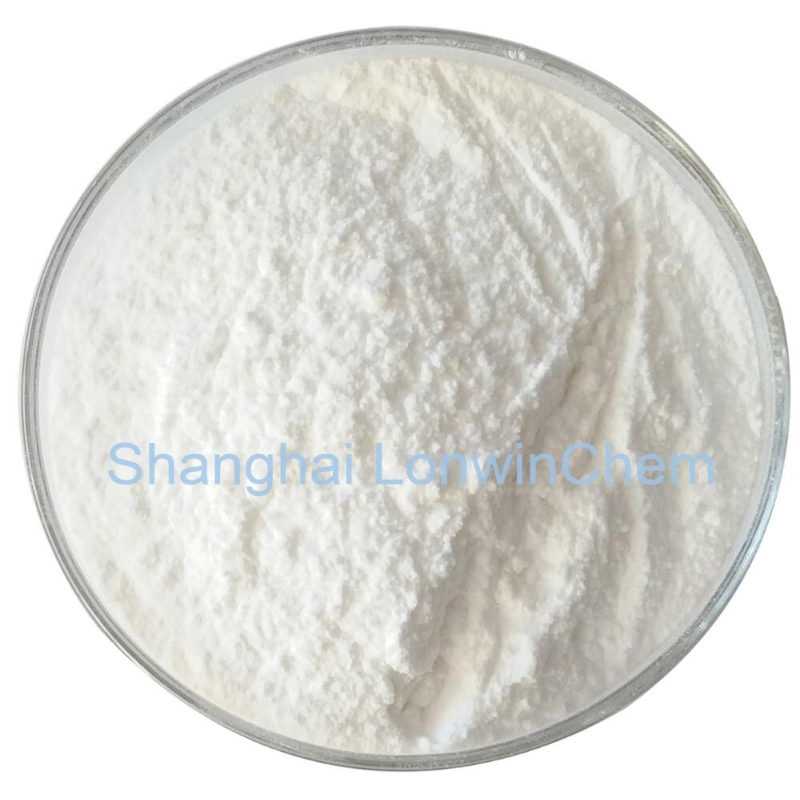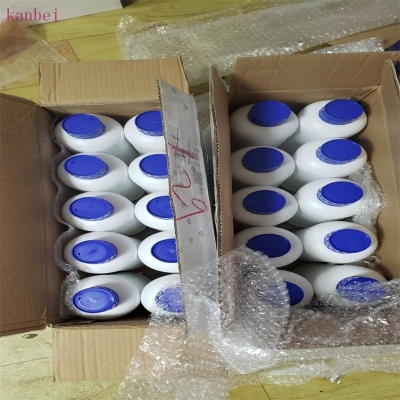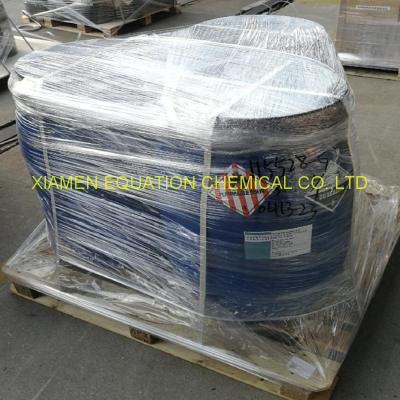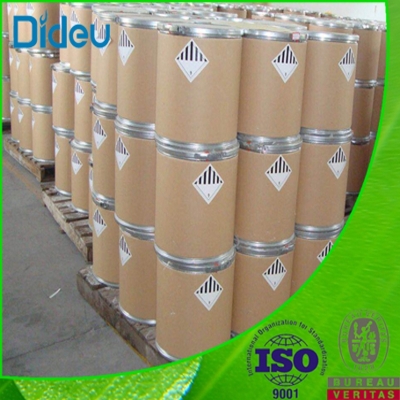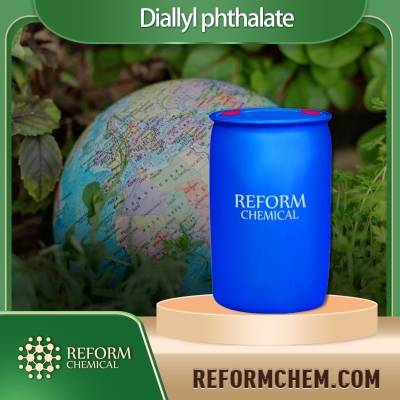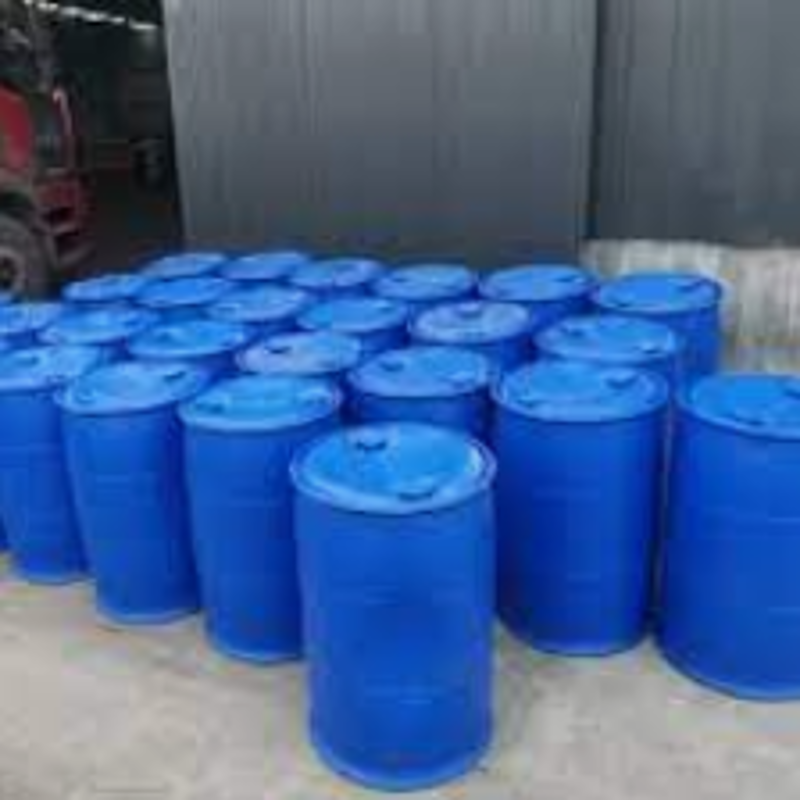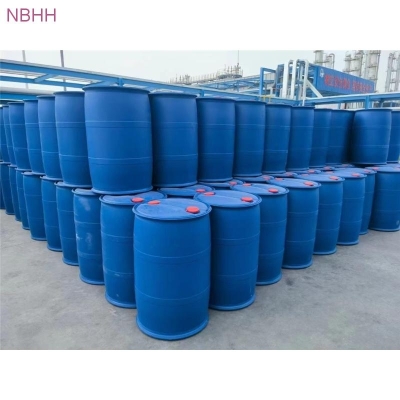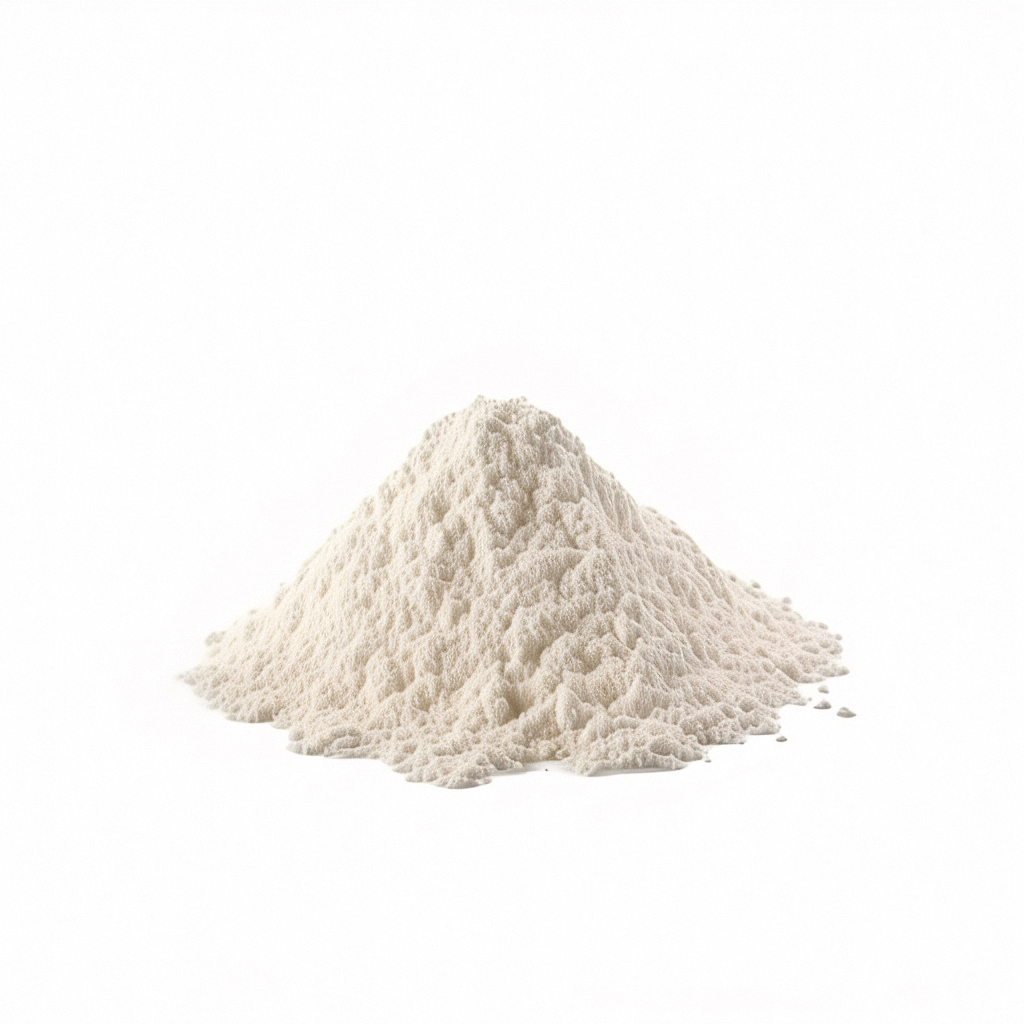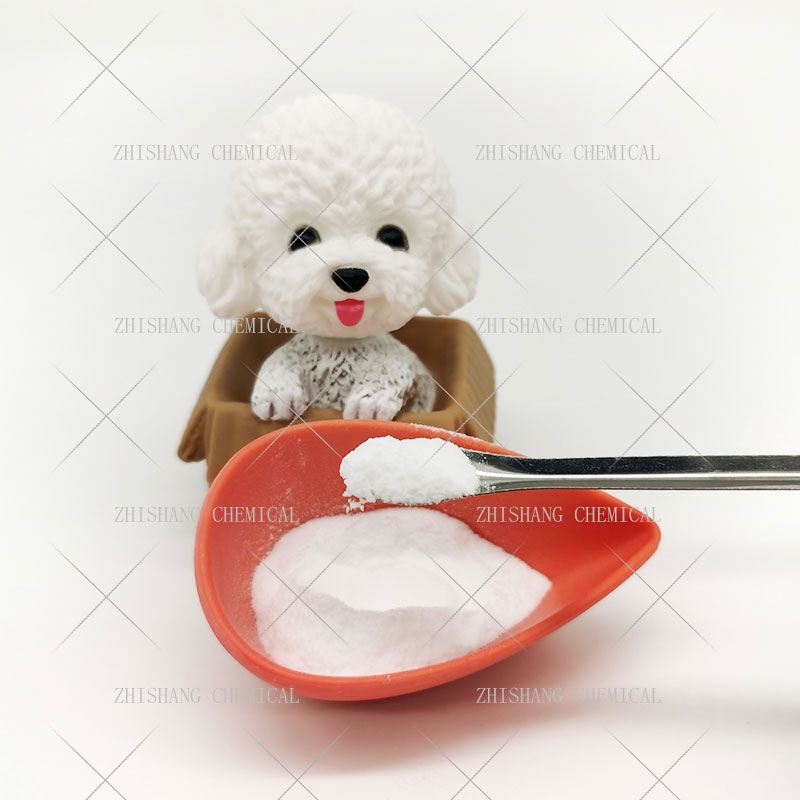Chemical Reagents
- • Deuterated Reagents (124)
- • Organic Reagents (9948)
- • Silane Reagent (852)
- • Chiral Chemicals (23)
- • Grignard Reagent (5)
- • Desulfurizer (20)
Related News
-
What Reagent Is Used To Test For Starch
2022-03-03 -
Meditex Bangladesh2019
2018-11-09 -
International Exhibition for Laboratory Equipment and Chemical Reagents
2017-06-20
Sort Organic Reagents Alphabetically
Organic Reagents
Hexylene glycol
(99113-75-4)-
![2-methylpentane-2,4-diol buy 2-methylpentane-2,4-diol]()
Industrial Grade / 99%
-
![2-methylpentane-2,4-diol buy 2-methylpentane-2,4-diol]()
-
![2-methylpentane-2,4-diol buy 2-methylpentane-2,4-diol]()
Industrial Grade / 99%
Request for quotation , get quotes from more suppliers.
-
Pharmacy Grade / 99%
-
![PETROLEUM ETHER buy PETROLEUM ETHER]()
Industrial Grade / 98%
-
![Naphtha buy Naphtha]()
Different Grade / 99.9%
$0.1/KG EXW
-
![PETROLEUM ETHER buy PETROLEUM ETHER]()
Industrial Grade / 99%
$0.1/KG EXW
Propanal
(123-38-6)-
Industrial Grade / 99%
-
Industrial Grade / 99%
-
-
Chemical Grade / -
Request for quotation , get quotes from more suppliers.
tert-Butyldimethylsilyl chloride
(18162-48-6)-
- / 99.00%
-
Industrial Grade / 99%
$0.1/KG FOB
-
Reagent Grade / 99%
-
Request for quotation , get quotes from more suppliers.
-
![2-Butyne buy 2-Butyne]()
Industrial Grade / 99%
-
![2-butyne buy 2-butyne]()
-
![2-Butyne buy 2-Butyne]()
-
![2-butyne buy 2-butyne]()
Industrial Grade / 99%
Request for quotation , get quotes from more suppliers.
Diallyl phthalate
(131-17-9)-
Industrial grade / 99%
$1-1.3/KG FOB
-
- / 99.00%
-
$5-6/KG FOB
-
Request for quotation , get quotes from more suppliers.
(-)-Camphorsulfonic acid
(35963-20-3)-
Industrial Grade / 99%
-
- / 99.00%
-
Feed Grade / 99%
-
Pharmacy Grade / 99%
Request for quotation , get quotes from more suppliers.
Nonylphenol
(25154-52-3)-
Industrial Grade / 99%
-
Industrial Grade / 99.0%
-
Industrial Grade / 99%
-
Industrial Grade / 99%
$1.67-1.8/KG FOB
4-Fluorobenzoyl chloride
(403-43-0)-
- / 99.00%
-
Industrial Grade / 99%
-
AR Grade / 99%
-
Pharmacy Grade / 99%
Request for quotation , get quotes from more suppliers.
-
- / 99.00%
-
Pharmacy Grade / 99%
-
Industrial Grade / 99%
-
![1-Propanesulfonic acid buy 1-Propanesulfonic acid]()
Industrial Grade / 99%
Request for quotation , get quotes from more suppliers.
Source Organic Reagents Raw Materials by Region
More Information
Organic reagents, which are essential in many branches of chemistry, are the main actors in organic transformations and synthesis. These organic chemistry reagents are very important in building large molecules and are involved in reactions that include oxidation, reduction, substitution and polymerisation. Some of the most commonly used organic reagents include acids, bases and solvents all of which play different roles in chemical reactions. In many industries for instance the pharmaceutical industry, agriculture and materials science, these reagents have played a major role in developing new products and technologies.
Applications of organic reagents include:
● Pharmaceutical drug synthesis
● Agrochemical production
● Polymer manufacturing
● Dye and pigment creation
● Catalysts in industrial applications
● Fine chemical development











